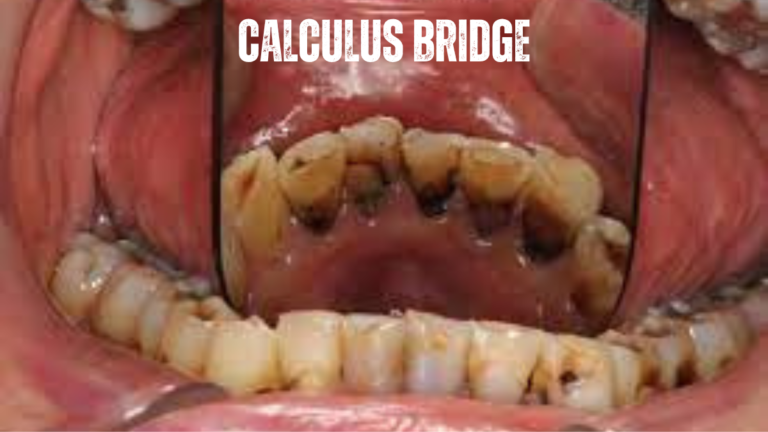Bowel Cancer and Stomach Noises: Unraveling the Connection
Digestive problems are on the rise because of the modern world’s rapid pace, which often results in stress, poor diet, and insufficient physical activity. The possible link between stomach rumbling and colon cancer is one such issue that has many worried.
What is Bowel Cancer?
Colorectal cancer, more often known as bowel cancer, starts in the lining of the colon or rectum. It manifests first as polyps, which are benign growths on the intestinal lining. Some of these polyps may develop malignant and cause bowel cancer if left untreated.
The Significance of Early Detection
Successful treatment of colon cancer requires early diagnosis. It is crucial to be aware of the possible warning signals, but unfortunately, symptoms are often missed in the early stages.
The Mysterious World of Stomach Noises
Why Does Your Stomach Make Noise?
Normal bodily functions include making sounds like gurgling or rumbling from the stomach. The passage of gas and fluids through your digestive system is the primary source of these symptoms. When your stomach is empty or you’re doing a lot of physical work, this natural process may speed up.
When Should You Be Concerned About Stomach Noises?
Although rumblings in the belly are usually innocuous, they might point to a health problem. Do not disregard other signs like discomfort, bloating, or a change in bowel habits if you have persistent and severe stomach rumbling. These symptoms may indicate a more serious condition, such as bowel cancer.
The Possible Connection
Bowel Cancer and Digestive Disturbances
Bowel cancer patients may experience various digestive symptoms, such as constipation, diarrhea, abdominal pain, and unusual stomach noises. However, stomach noises are not a definitive sign of colon cancer but rather a common gastrointestinal distress.
Other Factors to Consider
It’s crucial to consider other factors like poor diet, emotional stress, and intestinal infections when diagnosing digestive issues, and it’s advisable to consult a doctor for a comprehensive evaluation if you experience persistent stomach issues.
Maintaining Digestive Health
Maintaining excellent digestive health is crucial for lowering the risks of both digestive problems and colon cancer. A fiber-rich diet, consistent physical activity, and enough water intake all contribute to this goal. In addition, having a family history or being over a particular age makes periodic tests for bowel cancer even more important for early diagnosis.
Seeking Professional Help
If you have stomach pain or digestive issues that have persisted for more than a few days despite your best efforts, you should schedule an appointment with a doctor. They can do diagnostic evaluations, ruling out more serious conditions and provide helpful guidance on how to treat your particular signs and symptoms.
Lifestyle Changes for Digestive Health
In addition to seeking medical advice, making some lifestyle changes can significantly improve your digestive health. Here are a few tips:
Dietary Modifications
Fiber-Rich Foods: To maintain a healthy digestive tract and promote consistent bowel movements, it’s recommended to incorporate plant-based foods like fruits, vegetables, whole grains, and legumes into your daily diet.
Hydration: Maintain a healthy digestive tract by drinking enough water all day long.
Limit Processed Foods: If you suffer from digestive distress, cutting less on processed and high-fat meals is a good place to start.
Regular Physical Activity
Exercising regularly is essential for maintaining good health, but it also aids digestion by stimulating the passage of food through the digestive tract.
Stress Management
Your digestive system may suffer from prolonged stress. If you’re feeling overwhelmed by stress, try some deep breathing exercises, yoga, or meditation.
Avoid Overeating
Consuming too much at once might cause abdominal pain and gas. Instead of eating three large meals at once, try eating many smaller meals throughout the day.
Stay Informed
If colon cancer or other digestive diseases run in your family, you must learn as much as possible about digestive health. Having awareness of potential causes and warning indicators can make a big impact.
The Importance of Regular Check-Ups
Regular medical exams, particularly for those over 50 or with a bowel cancer family history, are crucial for early detection and efficient treatment.
Conclusion
Finally, it’s important to note that disturbing rumblings in the belly are not always indicative of bowel cancer. The key to being healthy is knowing your body and being able to detect when strange noises are accompanied by other worrying signs. Keep in mind that the strongest weapons against bowel cancer are prevention and identification at an early stage.
FAQs
Q: Can stomach noises be the sole indicator of bowel cancer?
Abdominal rumblings alone are not a diagnostic tool for colon cancer, but rather one of several related symptoms.
Q: What are the common symptoms of bowel cancer?
Alterations in bowel patterns, blood in stools, stomach discomfort, and sudden weight loss are all common signs.
Q: How can I reduce stomach noises and digestive discomfort?
Reduce digestive issues and boost overall health with a balanced diet, frequent exercise, and stress management.
Q: At what age should I start getting screened for bowel cancer?
Early screening is crucial for individuals with a family history of the illness, as recommendations vary.
Q: Where can I find more information about bowel cancer prevention and early detection?
Talk to your doctor or check out some trustworthy medical sources to learn more.







